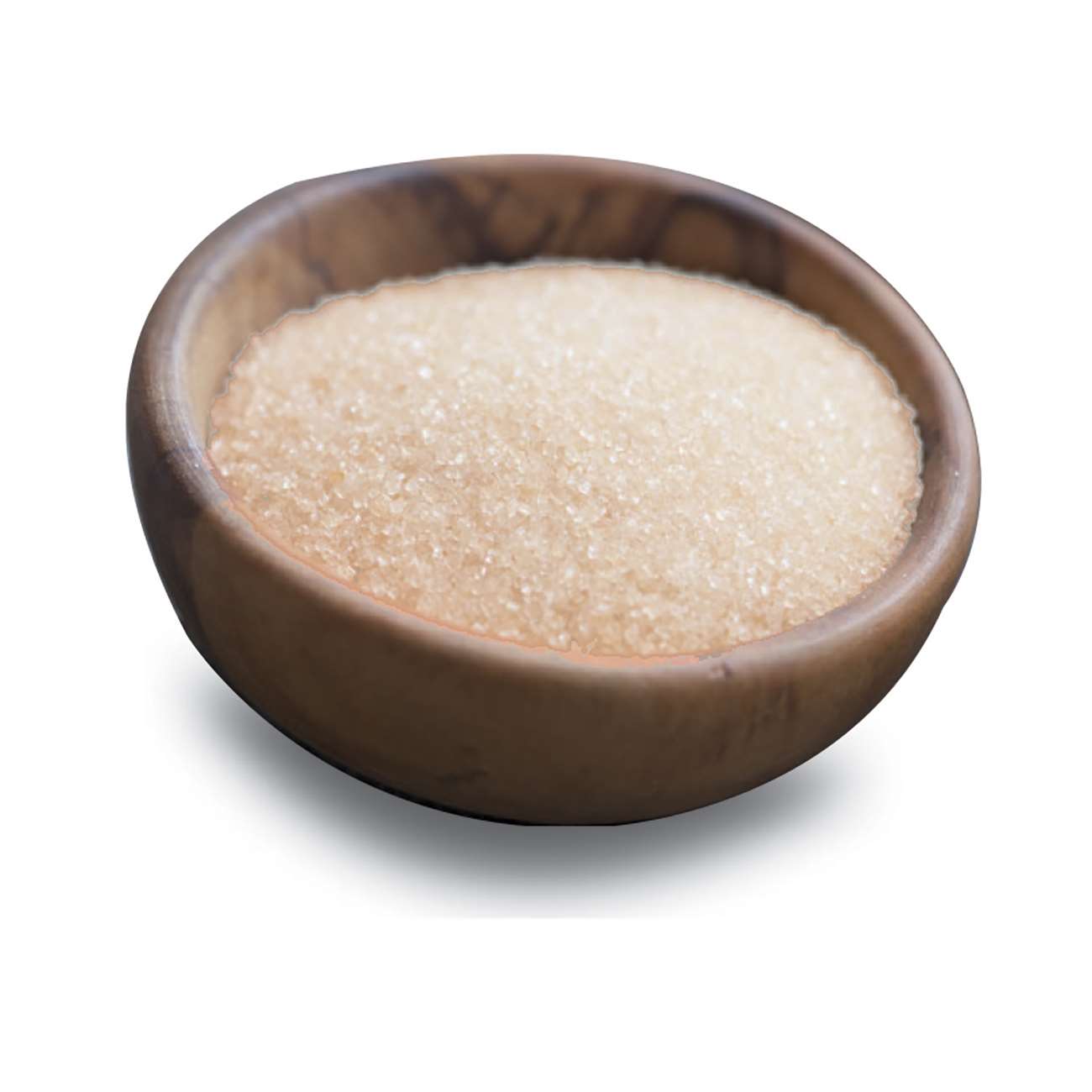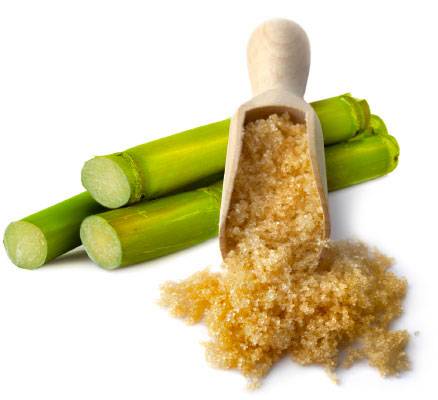Cane Sugar Processing Explained: What Takes Place Inside a Sugar Mill
Cane Sugar Processing Explained: What Takes Place Inside a Sugar Mill
Blog Article
A Detailed Introduction of the Health And Wellness and Economic Implications of Walking Cane Sugar Processing on Neighborhood Neighborhoods
Walking stick sugar processing plays a crucial duty fit the financial landscape of local communities, providing employment possibility and stimulating secondary industries. However, the wellness ramifications connected with high sugar consumption can not be forgotten, as they add to climbing rates of excessive weight and diabetic issues. This nuanced dynamic invites an important examination of exactly how communities can maximize economic gains while resolving the pushing wellness challenges they encounter. The exploration of sustainable techniques and educational initiatives might just hold the secret to integrating these conflicting interests. What techniques might areas apply to attain this balance?
Economic Benefits of Cane Sugar Processing
Walking cane sugar handling offers substantial economic benefits that extend beyond the instant farming sector. The growing and processing of sugarcane develop many job possibilities, from farming to production and distribution. This work generation not only sustains regional economic climates however also fosters community growth by providing stable revenue sources for households.
Furthermore, the sugar market boosts secondary services, consisting of transport, tools supply, and packaging solutions (Cane Sugar Processing). As these markets expand, they add to a more robust economic structure, boosting total community durability. The export potential of processed walking cane sugar even more intensifies economic advantages, placing regions as affordable gamers in global markets
Investment in modern-day handling facilities can result in raised efficiency and performance, consequently lowering waste and optimizing source use. This shift not only benefits the local economic climate however likewise sustains sustainability efforts by lessening ecological impacts.
Furthermore, the profits created from cane sugar handling can be reinvested in regional framework, education, and health care, advertising holistic area growth. On the whole, the economic benefits of walking cane sugar processing are complex, supplying a foundation for enduring prosperity in farming areas.
Wellness Dangers Connected With Sugar Consumption
Excessive sugar consumption poses significant wellness dangers that call for major attention. High consumption of included sugars, especially from refined foods and drinks, has been linked to many health complications. Among one of the most pressing problems is weight problems, as sweet diets add to a raised caloric intake without giving necessary nutrients. This unwanted can cause metabolic problems, including type 2 diabetic issues, which has actually ended up being increasingly prevalent in both children and adults - Cane Sugar Processing.
In addition, high sugar consumption is connected with cardiovascular illness. Raised blood glucose degrees can cause insulin resistance, a precursor to various heart-related issues. In addition, sugar can have detrimental results on oral health and wellness, causing dental caries and periodontal illness, as germs in the mouth prosper on sugar, producing acids that deteriorate tooth enamel.
Furthermore, arising study recommends a potential link in between high sugar intake and mental wellness problems, such as anxiety and anxiety. As communities grapple with these wellness risks, it ends up being important to promote recognition and motivate much healthier dietary options. Resolving sugar consumption is essential not just for specific wellness but likewise for the total wellness of neighborhood neighborhoods, highlighting the need for detailed public health strategies.
Ecological Impacts of Sugar Production
Often ignored in discussions about sugar's implications is the significant ecological influence of sugar production. The cultivation of sugarcane commonly requires comprehensive land use, resulting in logging, loss of biodiversity, and interruption of local communities. The conversion of woodlands and marshes right into sugar haciendas can cause habitat destruction, harmful many types and altering eco-friendly balance.
Moreover, sugar manufacturing is resource-intensive, consuming substantial amounts of water for irrigation. This can result in deficiency Web Site of local water resources, negatively affecting both agricultural practices and community accessibility to clean water. Additionally, the use of chemical plant foods and chemicals in sugarcane farming can add to dirt deterioration and water pollution, as drainage from these chemicals goes into neighboring rivers and lakes, influencing aquatic life and human wellness.
The ecological footprint expands to the processing phase, where power intake and waste generation additional aggravate ecological problems. Air pollution from melting sugarcane fields, along with greenhouse look at more info gas exhausts, add to environment modification. Thus, the ecological implications of sugar production warrant serious factor to consider, urging stakeholders to embrace even more lasting practices to reduce these unfavorable results on local ecological communities and areas.
Work Production and Neighborhood Advancement
The environmental obstacles posed by sugar manufacturing are commonly counterbalanced by its capacity for economic benefits, especially in work development and community growth. The cane sugar industry functions as a considerable resource of work in many rural areas, providing jobs across different skill levels, from agricultural labor to processing and distribution functions. This employment not just sustains specific families however additionally adds to the total financial vigor of neighborhood neighborhoods.
Additionally, the facility of sugar processing facilities boosts ancillary organizations, such as transport services, tools supply, and upkeep companies. As these companies flourish, they create added tasks and boost neighborhood economies. The earnings produced from the sugar sector also causes increased tax obligation profits, which can be reinvested right into community services such as education and learning, framework, and healthcare growth.
Additionally, the sugar sector frequently involves in area growth initiatives, such as supporting regional institutions and wellness programs, consequently improving the quality of life for homeowners. By fostering strong area ties and advertising economic growth, the walking cane sugar handling industry plays an essential duty in uplifting regional populaces, making it a vital part of lasting growth strategies in sugar-producing regions.
Harmonizing Wellness and Economic Development
In browsing the complexities of walking stick sugar processing, a crucial challenge hinges on stabilizing wellness factors to consider with financial development. The sugar market considerably adds to regional economic climates by producing tasks, promoting associated fields, and enhancing tax profits. Nevertheless, the wellness implications connected with extreme sugar usage can cause persistent illness such as excessive weight, diabetic issues, and cardio concerns, which can concern public wellness systems and decrease labor force productivity.

In addition, regulatory structures can play a pivotal function in guiding industry methods in the direction of even more health-conscious and sustainable methods. By promoting cooperation in between federal government bodies, wellness companies, and the sugar industry, neighborhoods can browse the dichotomy of health and economic growth, making sure that the advantages of walking cane sugar processing are equitably shared while prioritizing public wellness.
Verdict
In final thought, the handling of walking stick sugar presents both substantial economic benefits and significant health threats for local communities. While it fosters work production and boosts regional development, the associated health and wellness problems, especially regarding excessive weight and diabetic issues, require a cautious harmonizing act. By advertising responsible intake and investing in area education and learning and lasting practices, it is possible to maximize economic benefits while lessening adverse health impacts, thereby guaranteeing a healthier future for local populations.
Furthermore, sugar can have damaging effects on oral health and wellness, resulting in dental caries and periodontal condition, as germs in the mouth prosper on sugar, producing acids that deteriorate tooth enamel.
Resolving sugar usage is important not only for private health yet additionally for the general wellness of regional communities, stressing the demand for comprehensive public health techniques.
Regularly forgotten in conversations concerning sugar's implications is the significant ecological influence of sugar production. The wellness implications linked with excessive sugar intake can lead to chronic illness such as weight problems, diabetic issues, and cardio issues, which can burden public health and wellness systems and diminish workforce productivity.

Report this page